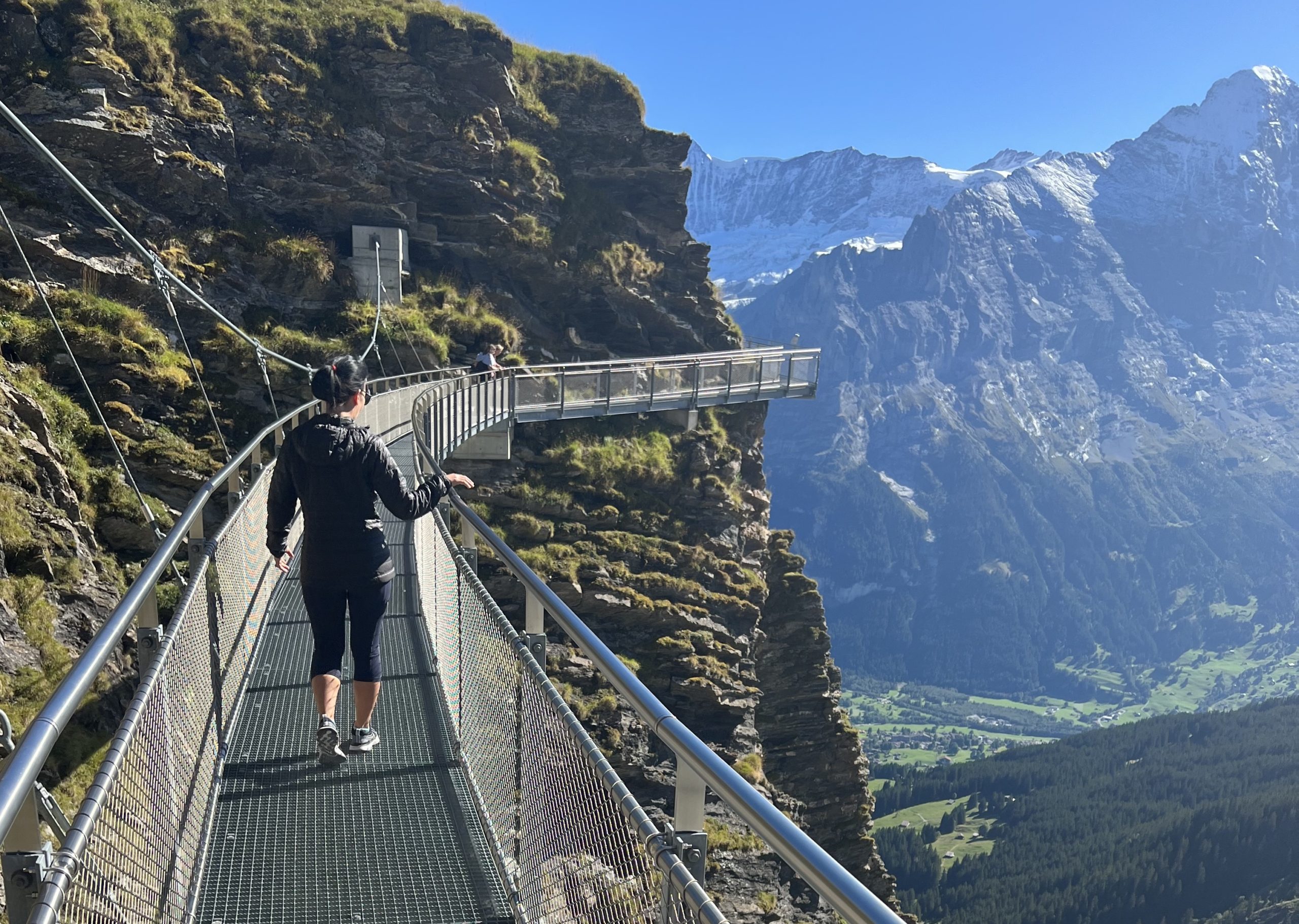Greenland: Increased US Spying Activity

Table of Contents
The Strategic Importance of Greenland's Geographic Location
Greenland's location, its vast untapped resources, and its potential role in controlling crucial shipping routes make it a prime target for geopolitical maneuvering. Understanding this strategic importance is crucial to analyzing the concerns surrounding "Greenland: Increased US Spying Activity."
Arctic Geopolitics and Resource Control
Greenland sits at the heart of the Arctic, a region witnessing a dramatic thaw due to climate change. This thaw unlocks access to vast reserves of natural resources and opens new navigable sea lanes. The geopolitical implications are immense:
- Minerals: Greenland possesses significant deposits of rare earth minerals, crucial for modern technology, including smartphones and wind turbines. Control over these resources offers considerable economic and technological leverage.
- Oil and Gas: Potential reserves of oil and gas beneath Greenland's icy surface represent a significant energy prize, further fueling global competition.
- Shipping Routes: The melting Arctic ice opens new, shorter shipping routes between Europe and Asia, drastically reducing travel times and transportation costs. Controlling these routes offers significant economic and strategic advantages.
These resources are not just coveted by the US; Russia and China are also increasingly active in the Arctic, creating a complex web of competing interests, adding another layer to the discussion of "Greenland: Increased US Spying Activity".
Military Implications of Greenland's Bases
Greenland's strategic location also has significant military implications. The Thule Air Base, a massive US military installation in northwest Greenland, plays a crucial role in North American aerospace defense. Its potential for expansion and upgrade contributes significantly to the debate surrounding "Greenland: Increased US Spying Activity."
- Thule Air Base: This base houses sophisticated radar systems and plays a key role in monitoring missile launches and tracking satellites. Upgrades and expansion at Thule could significantly enhance US surveillance capabilities across the Arctic.
- Potential Future Expansions: Speculation surrounds potential expansions or upgrades to existing military infrastructure in Greenland, further fueling concerns about increased US military presence and surveillance.
Evidence of Increased US Spying Activity
While concrete evidence is often classified, several indicators point towards a potential increase in US intelligence gathering activities in Greenland. Analyzing these indicators helps us understand the nuances of "Greenland: Increased US Spying Activity."
Increased Intelligence Flights and Surveillance
Reports suggest an uptick in US military and intelligence flights over Greenland in recent years. While exact numbers are unavailable, the increased frequency of these flights is a cause for concern:
- Unidentified Aircraft: Reports of unidentified aircraft flying near Greenland's coast have surfaced in various news outlets, though verification and details are often limited.
- Increased Reconnaissance: The nature of these flights suggests an increase in reconnaissance and intelligence gathering activities. Further investigation is required to confirm these reports fully.
Technological Advancements in Surveillance
Technological advancements have dramatically enhanced the US's capacity for remote surveillance. The integration of these technologies into the Greenland context exacerbates the discussion about "Greenland: Increased US Spying Activity."
- Satellite Surveillance: Advanced satellite imagery provides high-resolution views of Greenland's landscape, allowing for detailed monitoring of infrastructure and activities.
- Drone Technology: The use of drones expands surveillance capabilities, providing a cost-effective way to monitor remote areas.
- Cyber Surveillance: Cybersecurity threats and potential data breaches raise concerns about digital surveillance targeting Greenland's infrastructure and communications.
Diplomatic and Political Interactions
Recent shifts in US-Greenland diplomatic relations may offer indirect evidence of increased intelligence-gathering activities. Analyzing these interactions sheds light on the subtle dynamics behind "Greenland: Increased US Spying Activity."
- Increased Diplomatic Engagement: Increased diplomatic visits and agreements between the US and Greenland might reflect a heightened interest in access and cooperation, possibly facilitating intelligence gathering.
- Economic Incentives: The offer of economic incentives from the US to Greenland could be linked to strategic partnerships that enable increased intelligence operations.
Potential Implications and Concerns
The potential implications of increased US spying activity in Greenland raise significant concerns regarding national sovereignty, ethical considerations, and international law. Understanding these implications is crucial to navigating the complex issue of "Greenland: Increased US Spying Activity."
National Security Concerns for Greenland
Increased US surveillance raises concerns about Greenland's sovereignty and national security:
- Erosion of Autonomy: The potential for increased US influence could erode Greenland's autonomy and self-determination.
- Public Opinion: Growing public awareness of US intelligence activities could lead to negative public opinion and mistrust.
Ethical and Legal Considerations
The ethical and legal implications of increased US spying activity in Greenland are substantial:
- International Law: International laws and agreements regarding surveillance and intelligence gathering must be respected.
- Privacy Violations: The potential for privacy violations of Greenlandic citizens raises serious ethical concerns.
Conclusion
The evidence suggests a potential increase in US intelligence gathering activities in Greenland, driven by its strategic geographic location, abundant resources, and geopolitical importance. This "Greenland: Increased US Spying Activity" warrants further investigation and discussion, especially concerning the implications for Greenland's sovereignty, its citizens' privacy, and the broader ethical and legal framework governing international relations. Stay informed about the evolving situation in Greenland and the implications of increased US intelligence operations. Continue your research into the complexities of Arctic geopolitics and the future of US involvement in Greenland.

Featured Posts
-
 Yevrokubki Detalniy Analiz Matchiv Ps Zh Ta Aston Villi
May 08, 2025
Yevrokubki Detalniy Analiz Matchiv Ps Zh Ta Aston Villi
May 08, 2025 -
 The Long Walk First Trailers Simple Terror
May 08, 2025
The Long Walk First Trailers Simple Terror
May 08, 2025 -
 Lower Rates Easier Lending Chinas Economic Response To Tariffs
May 08, 2025
Lower Rates Easier Lending Chinas Economic Response To Tariffs
May 08, 2025 -
 Vesprem Slavi Desetta Pobeda Vo L Sh Po Pobedata Nad Ps Zh
May 08, 2025
Vesprem Slavi Desetta Pobeda Vo L Sh Po Pobedata Nad Ps Zh
May 08, 2025 -
 Rain Shortened Game Paris Home Run Lifts Angels Past White Sox
May 08, 2025
Rain Shortened Game Paris Home Run Lifts Angels Past White Sox
May 08, 2025
Latest Posts
-
 Analyzing Ripples Xrp Potential Can It Break Through To 3 40
May 08, 2025
Analyzing Ripples Xrp Potential Can It Break Through To 3 40
May 08, 2025 -
 Ripples Xrp Assessing The Likelihood Of A Price Increase To 3 40
May 08, 2025
Ripples Xrp Assessing The Likelihood Of A Price Increase To 3 40
May 08, 2025 -
 Is 3 40 A Realistic Price For Xrp Ripples Market Analysis
May 08, 2025
Is 3 40 A Realistic Price For Xrp Ripples Market Analysis
May 08, 2025 -
 Xrp Ripple A High Risk High Reward Investment Opportunity
May 08, 2025
Xrp Ripple A High Risk High Reward Investment Opportunity
May 08, 2025 -
 Analyzing The Challenges Why Xrp Etfs May Underperform Expectations
May 08, 2025
Analyzing The Challenges Why Xrp Etfs May Underperform Expectations
May 08, 2025
